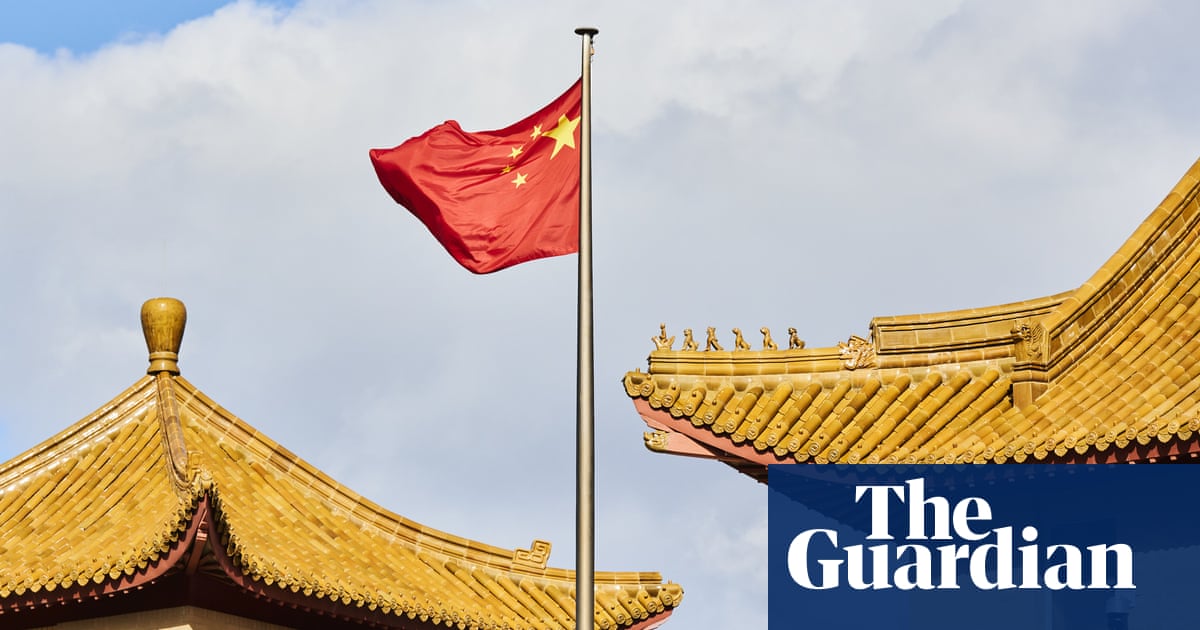At least 50,000 people suffered under China’s draconian surveillance law
China has blatantly used draconian surveillance law to suppress dissent against the communist leadership in the country. According to media reports, as many as 50,000 people, including 10,000 in the year 2020, appeared to have been detained in China, under ‘a systematised, arbitrary and secret detention’ policy, in which authorities can keep any one in jail for upto six months without permission. Human Rights activists have accused
Chinese leadership of misusing Residential Surveillance at a Designated Location (RSDL) to imprison people who they think, are anti- establishment.
After criminal law was revised in 2012, it has been used by the Chinese authorities to detain their own nationals and foreigners for reasons best known to them. The authorities had detained Canadians Michael Spavor and Michael Kovrig for more than 1,000 days (little less than three years) and kept under RSDL, conditions which are no less than enforced disappearance. The Canadian nationals were released in the last week of September, 2021. Under the RSDL, both had had limited access to a lawyer or consular services and lived in cells with lights on 24 hours a day.
Their imprisonment under RSDL was part of a hostage diplomacy scheme of China, which wanted to obtain the release of Meng Wanzhou who had been placed under house arrest at a luxury home in Canada’s province of British Columbia for nearly three years. The Huawei executive Meng Wanzhou, returned home in the last week of September. With her release, a prolonged extradition fight between United States and China ended. The issue had sparked an outburst of national pride in China, where her release has been portrayed as a diplomatic victory for Beijing. Meng, who was wanted by US federal prosecutors for fraud charges related to alleged Iran sanction violations, had been arrested in Vancouver in December 2018.
This case has brought into focus the misuse of law by the authorities. The Hong Kong post cited a report of Spain-based rights group Safeguard Defenders which noted that “as many as 27,208 to 56,963 people have gone through China’s RSDL system since 2013”. These figures are based on the Supreme People’s Court and the testimony of survivors and lawyers. Michael Caster, a co-founder of the Safeguard Defenders informed that every year 4,000 to 5,000 people disappear under the RSDL system alone. In 2020, between 10,000 to 15,000 persons went through the system, up from just 500 in 2013, he maintained.
Safeguard Defenders Report in June, 2021 exposed the CCP’s RSDL prisons prevailing conditions in a report titled “Locked Up: Inside China’s Secret RSDL Jails.”
Prisoners who had spent countless dark nights in those prisons have shared their personal experiences in this report. As per the report, the little-known custodial system is a legalised form of jail. Victims are kept in isolation for up to six months. There is no way one can communicate with them or they can communicate with anyone. The incommunicado isolated detention can be extended from six months to one or two or more years. Prisoners are held without charge and are afforded little or no legal representation.
American basketball player Jeff Harper was caught up in the RSDL system in early 2020. He was detained by the Chinese authorities for intervening in a fight between a couple. Harper spent five months in RSDL and was released in September 2020. Later he described the isolation as being “one of the hardest things for the human mind” to tolerate. “Neither man has seen sunlight, breathed fresh air or seen so much as a tree or patch of grass since their detention,” the report stated.
Canadian national Michael Spavor had been detained in an RDSL since his arrest in December 2018. The charge against him was related to endangering state security. Another Canadian Michael Kovrig, a former diplomat who worked for the International Crisis Group, a pro-peace think tank, had been apprehended and placed in an RDLS in December 2018. He had been charged with questionable crimes related to espionage.
Australian citizen and one-time Chinese state security agent Yang Hengjun was held in RSDL for the first six months of his ongoing two-and-a-half year detention, as was former state TV news anchor Cheng Lei, who was taken from her apartment in mid-2020.
Safeguard Defenders report has mentioned about RSDL detainee Li Qiaochu who was an activist and girlfriend of prominent dissident Xu Zhiyong. Li reportedly described being quartered in a “guest home” where she was made to sit perfectly still for hours on end, while young “robot-like” policewomen watched over her.
RSDL facilities are located throughout the country, including in Beijing, Tianjin, Shaanxi and Guangdong. Detainees are kept in a custom-built facility, a remodelled detention centre, a police training centre, guesthouse or apartment complex. These facilities are constructed like small apartments, containing a sparsely furnished specially built cell for detainees, an interrogation room furnished with a ‘tiger chair’ and facilities for two guards who are almost always present.
Safeguard Defenders has submitted its new findings to a United Nations working group on arbitrary detention and the special rapporteur on torture and other cruel, inhuman punishments. In past, several experts have called on China’s government to end RSDL, including a UN working group in 2018 that described the process as “analogous to incommunicado and secret detention and tantamount to enforced disappearance”.
Some of the prominent people who have been picked up by the authorities and kept at undisclosed location, include well-known names like artist Ai Wei Wei and human rights lawyers Wang Yu and Wang Quanzhang. They were caught up in China’s 2015 crackdown on human rights defenders. Peter Dahlin, a Swedish activist and co-founder of Safeguard Defenders, and Canadian missionaries Kevin and Julia Garrett, who were accused of espionage in 2014, are also in the long list.













